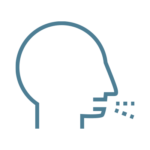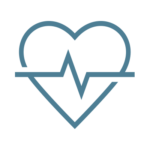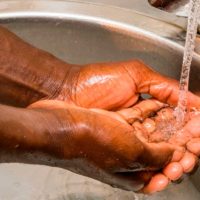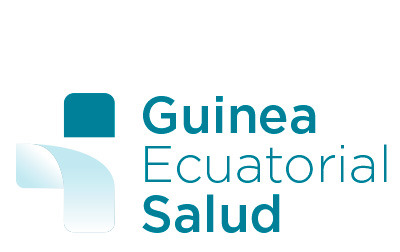
General information about COVID-19

Symptoms
The most common symptoms of COVID-19 are: fever, dry cough, and tiredness. Others less frequent are discomfort, nasal congestion, headache, conjunctivitis, sore throat, diarrhea, loss of taste or smell and skin rashes or color changes in the fingers or toes.


Most people (about 80%) recover from the disease without the need for hospital treatment. About 1 in 5 people who contract COVID-19 end up with a severe condition and experience breathing difficulties.
Older people and those with previous medical conditions such as high blood pressure, heart or lung problems, diabetes, or cancer are more likely to develop severe conditions. However, anyone can get COVID-19 and become seriously ill.

What should I do if I have symptoms of COVID-19?
If you have mild symptoms, such as a mild cough or fever, you usually don’t need to seek medical attention. Stay home, isolate yourself and monitor your symptoms, and follow national guidelines on self-isolation.
If the fever does not subside, seek medical help. When you go to the health center, wear a mask if possible, stay at least one meter away from other people and do not touch surfaces with your hands. If the sick person is a child, help him follow this advice.
Seek immediate medical attention if you have trouble breathing or feel chest pain or pressure. If possible, call 1111 (in Malabo) or 1112 (in Bata) so they can direct you to the right health center.
How is COVID-19 spread?
The disease is spread mainly from person to person through droplets that are thrown out of the nose or mouth of an infected person when coughing, sneezing or talking. These droplets are relatively heavy, do not go very far and fall quickly to the ground. A person can get COVID-19 if they breathe in droplets from a person infected with the virus. That is why it is important to stay at least one meter away from others.


These droplets can land on objects and surfaces around the person, such as tables, knobs, and railings, so other people can become infected if they touch those objects or surfaces and then touch their eyes, nose, or mouth. Therefore, it is important to wash your hands frequently with soap and water or with an alcohol-based disinfectant of at least 70°.
What can I do to protect myself and prevent the spread of the disease?
•• 1
Wash your hands thoroughly and often using an alcohol-based hand rub or soap and water to kill any viruses that may be on your hand.
•• 2
Keep a minimum distance of one meter between you and others because when someone coughs, sneezes or talks, droplets of liquid that may contain the virus are released from their nose or mouth. If you are too close to this person, you can breathe in the droplets and with them the COVID-19 virus.
•• 3
Avoid going to crowded places because when there are crowds, you are more likely to come into close contact with someone who has COVID-19 and it is more difficult to maintain a physical distance of one meter.
•• 4
Avoid touching your eyes, nose, and mouth because your hands touch many surfaces and can pick up viruses. Once contaminated, your hands can transfer the virus to your eyes, nose, or mouth, and from there, it can enter your body and cause illness.
•• 5
Both you and the people around you should ensure that you maintain good respiratory hygiene. That means covering your mouth and nose with a bent elbow or a tissue when coughing or sneezing. Dispose of the used tissue immediately and wash your hands.
•• 6
Stay home and isolate yourself even with mild symptoms such as a cough, headache, and mild fever until you recover. Have someone bring you supplies. If you have to leave the house, wear a mask so you don’t infect other people.
•• 7
If you have a fever, cough, and shortness of breath, seek medical attention, but if possible call 113 (in Malabo) or 114 (in Bata) in advance and follow the instructions of the health authorities.

